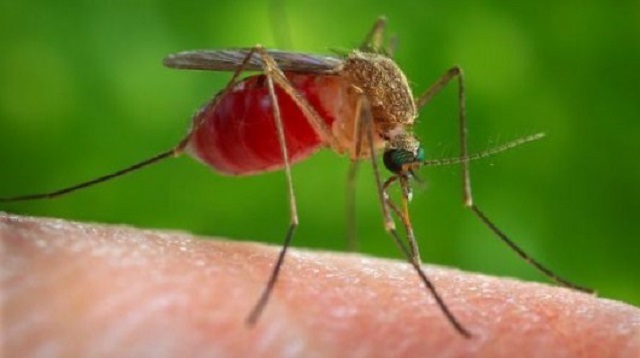The first West Nile Virus – Positive mosquito sample of the season from Will County was confirmed during Monday, July 26 testing, after being collected from a Will County Health Department mosquito trap in Homer Glen (one of 14 traps WCHD has in various Will County regions) on Friday, July 23.
West Nile virus is transmitted through the bite of a Culex mosquito, that has picked up the virus by feeding on an infected bird. Common symptoms include fever, nausea, headache and muscle aches. Symptoms may last from a few days to a few weeks. People older than 60 and individuals with weakened immune systems are at higher risk for severe illness from West Nile virus.
Last year, 26 counties in Illinois reported a West Nile virus positive mosquito batch, bird and/or human case. IDPH reported 39 human cases (although human cases are underreported), including four deaths. There have been no human cases of WNV in Illinois thus far this year.
Please remember to get rid of excess standing water around your property where Culex mosquitos often breed. Common areas are children’s wading pools, birdbaths, and gutters. In addition, remember to avoid being outside during peak mosquito periods between dusk and dawn. If you must be outside during these times, you are advised to wear long sleeves, long pants, and socks and shoes; in addition to wearing insect repellent containing DEET.
Please also remember that if a deceased bird is found on your property, please contact the Will County Health Department for possible testing for WNV. Call the WCHD West Nile Virus Hotline at 815-740-7631, or e-mail at westnile@willcountyhealth.org, and WCHD will contact you to determine if the bird can be picked up and submitted for testing. The most common birds to carry WNV are robins, crows, and blue jays.
Additional information about West Nile virus can be found on the IDPH website.

